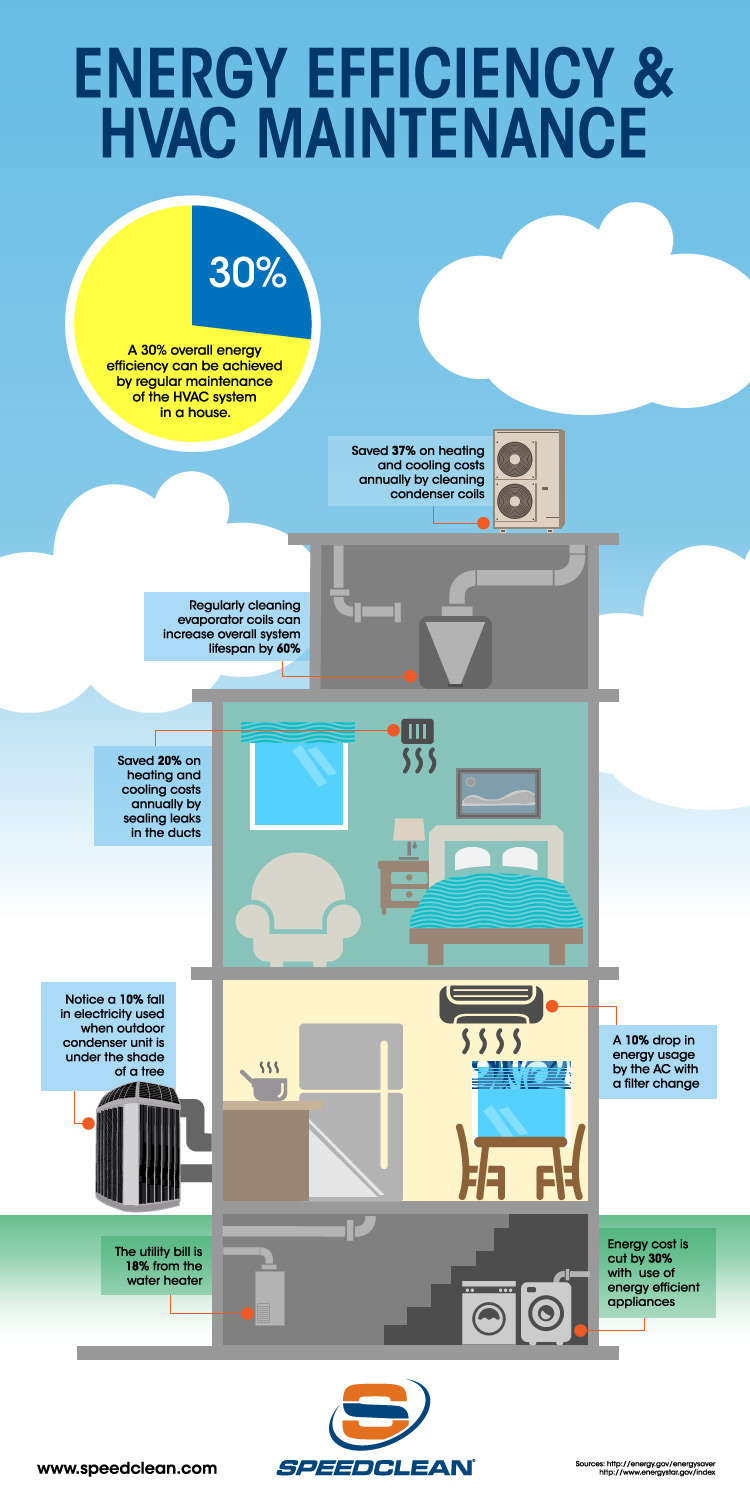When making a decision between air resource and ground source heatpump, you might find yourself evaluating variables like performance, expense, and ecological effect. Each alternative uses distinctive advantages, but which one lines up ideal with your needs and concerns? As you check out the differences in between these two sorts of heatpump, you'll reveal crucial insights that can guide you in the direction of making an informed choice that matches your one-of-a-kind scenarios. Keep tuned for a much deeper dive into the nuances of air source versus ground resource heat pumps to assist you navigate this crucial selection.
Effectiveness and Performance Contrast
When comparing air source and ground source heat pumps for efficiency and efficiency, it's important to consider how each system operates in different problems. Air source heat pumps draw out heat from the outside air, making them extra susceptible to variations in temperature level. This indicates they might be much less reliable in extremely cool climates.
On the other hand, ground source heatpump make use of secure underground temperature levels for warm exchange, offering more regular performance regardless of outside weather. Ground resource heatpump are generally much more energy-efficient over time due to the steady warm source underground. Additionally, ground resource heatpump tend to have a longer life-span contrasted to air resource heat pumps, which might affect long-term performance and upkeep expenses.
Expense Analysis: Setup and Maintenance
For a thorough contrast between air resource and ground source heat pumps, it's crucial to analyze the expenses associated with their installment and upkeep. Air source heat pumps usually have reduced ahead of time setup costs contrasted to ground resource heat pumps. The setup of air resource heat pumps involves much less complicated excavation and boring, making it an extra budget-friendly option for several home owners.
However, ground resource heat pumps are understood for their higher performance, which can lead to lower long-lasting energy costs, possibly countering the initial installment expenditures over time.
When it involves maintenance prices, air source heat pumps are normally much easier and cheaper to keep compared to ground resource heatpump. Ground source heatpump require routine examine the underground loophole system, which can sustain extra upkeep expenditures.
On the other hand, air resource heat pumps usually call for easy filter adjustments and occasional expert evaluations, maintaining upkeep expenses fairly reduced.
Think about heat pump installers chch of time setup costs and long-lasting maintenance expenses when deciding between air resource and ground source heatpump to figure out which alternative aligns best with your budget plan and needs.
Environmental Impact Analysis
Examining the ecological effect of air resource and ground resource heatpump is essential in comprehending their sustainability.
Air source heat pumps need electrical power to run, which can bring about enhanced carbon exhausts if the electricity comes from nonrenewable fuel sources. On the other hand, ground resource heatpump make use of the secure temperature level of the ground to warmth and cool your home, leading to reduced energy usage and decreased greenhouse gas emissions.
The installment of both types of heat pumps entails some level of environmental influence, such as making use of refrigerants in air resource heat pumps or the excavation required for ground loopholes in ground source heatpump. Nevertheless, ground resource heatpump have a longer life-span and greater performance, making them a more environmentally friendly option in the long run.
Conclusion
When deciding between air resource and ground resource heatpump, consider your climate, budget plan, and ecological objectives. https://yourhub.denverpost.com/blog/2021/05/spring-maintenance-means-getting-your-a-c-ready-for-summer/277277/ are more cost-effective upfront, yet ground resource heatpump provide greater performance and long-lasting financial savings. Pick the option that aligns with your top priorities and requirements for a comfy and sustainable heating option.
